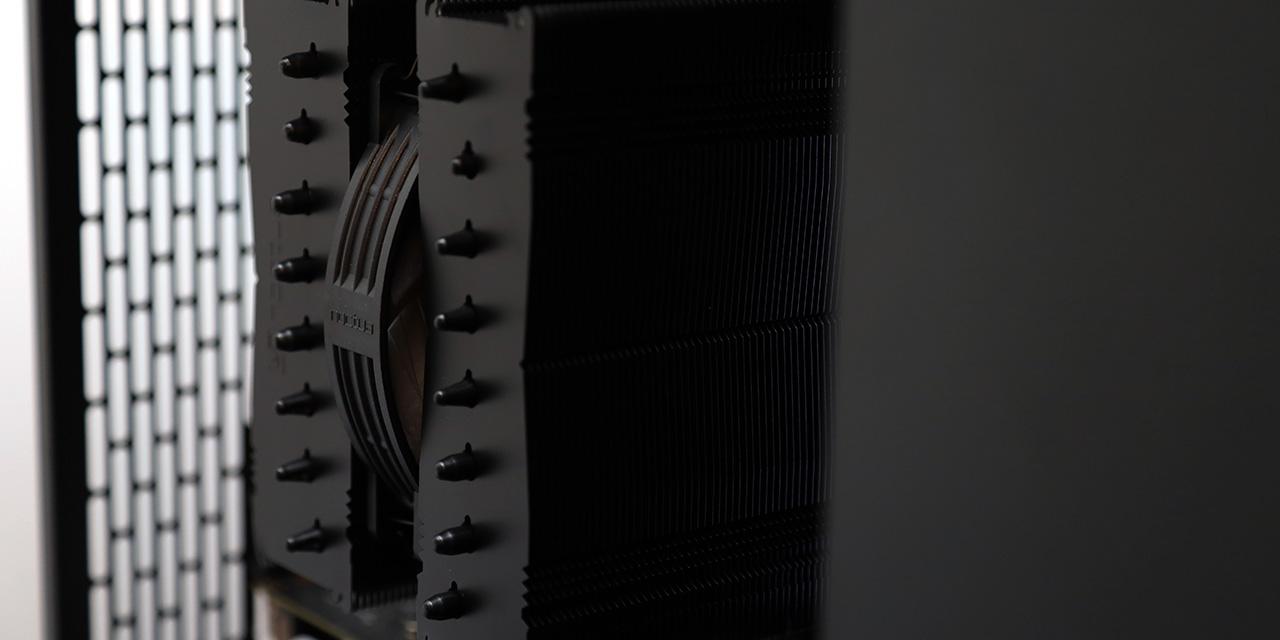|
From X-bit Labs: Advanced Micro Devices has decided to delay or even cancel its code-named Deccan ultra low-voltage (ULV) platform for netbooks, notebooks and nettops and introduce much less advanced Brazos 2.0 platform for inexpensive PCs in 2012. Although the new platform will boost performance slightly compared to existing Brazos 1.0, it will not be as revolutionary as the Deccan. According to a source with knowledge of AMD's plans, the company ran into serious problems with its code-named Wichita accelerated processing unit for low-power low-cost personal computers. While it is not completely clear whether the production problems were conditioned by design issues (Wichita system-on-chip was supposed to have up to four x86 cores and integrated input/output controller) or by TSMC's 28nm fabrication technology issues. Nonetheless, at present the Deccan is absent from AMD's 2012 roadmap and the Brazos 2.0 is supposed to substitute it. The Brazos 2.0 platform is based on accelerated processing unit with up to two Bobcat-class x86 cores, next-generation Radeon HD 7000 graphics adapters and single-channel DDR3 memory controller. The new A68 Fusion controller hub (FCH) input/output controller (Hudson D3L) will bring support for USB 3.0 as well as Serial ATA-600 to AMD's ULV platform. The Brazos 2.0 APU is supposed to be pin-to-pin compatible with FT1 infrastructure, but since A68 FCH utilizes 656-pin BGA package (instead of 605-pin that A45 uses), manufacturers will have to slightly redesign their existing products for Brazos 2.0. On the one hand, AMD will relatively easily upgrade available entry-level Fusion-based machines, but on the other hand Deccan platform would enable thinner and sleeker designs and would improve competitive positions of AMD. At present AMD readies several flavours of Brazos 2.0 offerings for netbooks, notebooks and nettops. For example, models E1-1200 (two cores at 1.40GHz, 1MB cache, Radeon HD 7310 graphics engine with 80 cores at 500MHz, 18W, etc.) and E2-1800 (two cores at 1.70GHz, 1MB cache, Radeon HD 7340 graphics engine with 80 cores at 680/523MHz, 18W, etc.) will target nettops and low-power notebooks. The source expects AMD Brazos 2.0 to hit production stage by mid-February, 2012. Since the APU will be made using "good-old" TSMC's 40nm process technology, the ramp up should be fairly quick and the new chips will be launched in late Q1 or early Q2, 2012. View: Article @ Source Site |
 |
AMD Changes Netbook Plans for 2012: Set to Introduce Brazos 2.0
© Since 2005 APH Networks Inc. All trademarks mentioned are the property of their respective owners.





